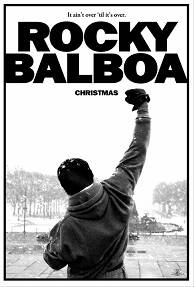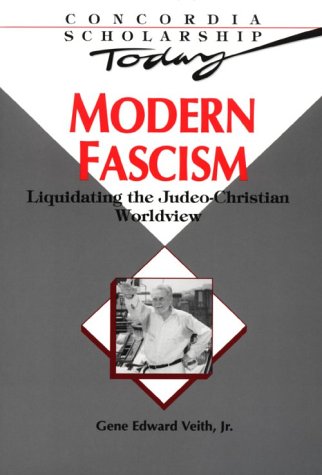 By Rick Pearcey
By Rick Pearcey What Gives Rocky Strength: "As a young person you tend to think that the world somewhat revolves around you, that you can recover from anything, that you tend to have this kind of vim and vigor and energy to take on the world on your own shoulders. Well, after you've been knocked down a few times and the world has shown you it's dark side, you realize that you need guidance, you need God's word, you need spiritual help and that's when your journey will begin.
"So I, as I get older, I realize how -- very much -- I rely upon Jesus, the word of God, and his support. . . . Rocky, in the last -- in Rocky Balboa -- has lost everything. And, we see him triumph, and the last thing that he hears before he enters the ring is Scripture and that's what gives him the strength.
"And people realize that he doesn't fight for money, he doesn't fight for glory. It's fighting for a purpose and fighting for a divine reason to show that through him, through the ability, the God-given ability that he has that he can show other people the way to be an example.
"You don't have to be the biggest, or the strongest or the fastest. But if you believe -- truly believe - you will find a way to win." . . .
What Hollywood Understands: "Hollywood is somewhat of an isolated community, and it is a money-driven community, and I wouldn't say faith is right up there at the forefront. . .
"You don't have to be the biggest, or the strongest or the fastest. But if you believe -- truly believe - you will find a way to win." . . .
What Hollywood Understands: "Hollywood is somewhat of an isolated community, and it is a money-driven community, and I wouldn't say faith is right up there at the forefront. . .
"[P]eople need to drive home that fact, and though it may sound mercenary and self-serving, if we are to continue to do films like Rocky, like The Passion, like films that you can take your family to it, and by the way you can show year after year after year because the theme never goes away, then we have to go out and support it.
"That's the only message they understand. And though they supposedly, you know, are very liberal, what rules here, unfortunately, is success and it doesn't matter in what form. Well, I think it does matter."
Beyond Rock Bottom: "It was right after, around 1980, and I -- my marriage was not good and I felt myself being seduced by all the temptations that Hollywood has to offer. And it's a very, very morally weakening situation because you are given the keys to the candy store, people will say yes when you're wrong, before you know it your morals and you're outlook on life is corrupted. . . .
"My career spiraled down,and every time when it was at its very bottom, I would end up writing a Rocky, and somehow the moral compass of Rocky tends to give me new life. But then again I would not find love, not find anything I can really hang my hat on, and I would just give myself in to the, again, to the kind of like lackadaisical, irresponsible, immature lifestyle that a lot of stars live. . . .
"I hit rock bottom after my second marriage, and I realized my career also was stagnant . . . I said this is where I really have to take a moral compass and point it in the right direction. And I started to bring Jesus into my life and I said, you came here, you made it by writing passionately, you made it by living in a sense 'in the moment,' and not worrying about money, and not worrying about what people thought of you and just writing what came from your heart or what was driven through your heart by a greater power, meaning God.
"And as soon as I did that and I started to really take into account what I had given away and what I could get if I just started to live the right life -- right away I met my wife, who is the greatest person on the planet, who's given me three kids, who I would die for in a second.
"And everything just fell into place once I stopped trying to do it my way and did it the right way, and asked for help and God gave me help. I can think of no other reason how it would turn around because it sure didn't come from lawyers, and it sure didn't come from agents, and it sure didn't come from friends."
"I hit rock bottom after my second marriage, and I realized my career also was stagnant . . . I said this is where I really have to take a moral compass and point it in the right direction. And I started to bring Jesus into my life and I said, you came here, you made it by writing passionately, you made it by living in a sense 'in the moment,' and not worrying about money, and not worrying about what people thought of you and just writing what came from your heart or what was driven through your heart by a greater power, meaning God.
"And as soon as I did that and I started to really take into account what I had given away and what I could get if I just started to live the right life -- right away I met my wife, who is the greatest person on the planet, who's given me three kids, who I would die for in a second.
"And everything just fell into place once I stopped trying to do it my way and did it the right way, and asked for help and God gave me help. I can think of no other reason how it would turn around because it sure didn't come from lawyers, and it sure didn't come from agents, and it sure didn't come from friends."
Related Story:
Dr. Phil: Jesus Christ "The Foundation"
_______________
Rick Pearcey is editor and publisher of The Pearcey Report.






